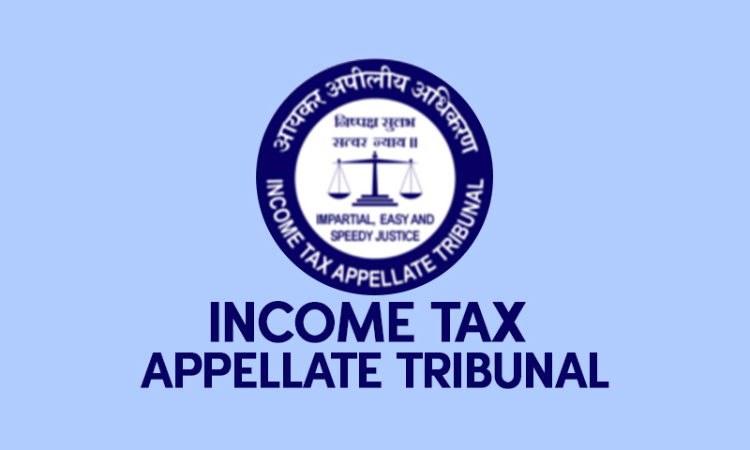The Delhi Bench of Income Tax Appellate Tribunal (ITAT) has held that the profit on sale of listed shares held for more than twelve months should be taxed as long-term capital gains.The bench of G.S. Pannu (Vice President) and Anubhav Sharma (Judicial Member) has observed that provisions of Section 28(iv) of the Income Tax Act per se do not apply to the disputed transaction, as the assessee...

